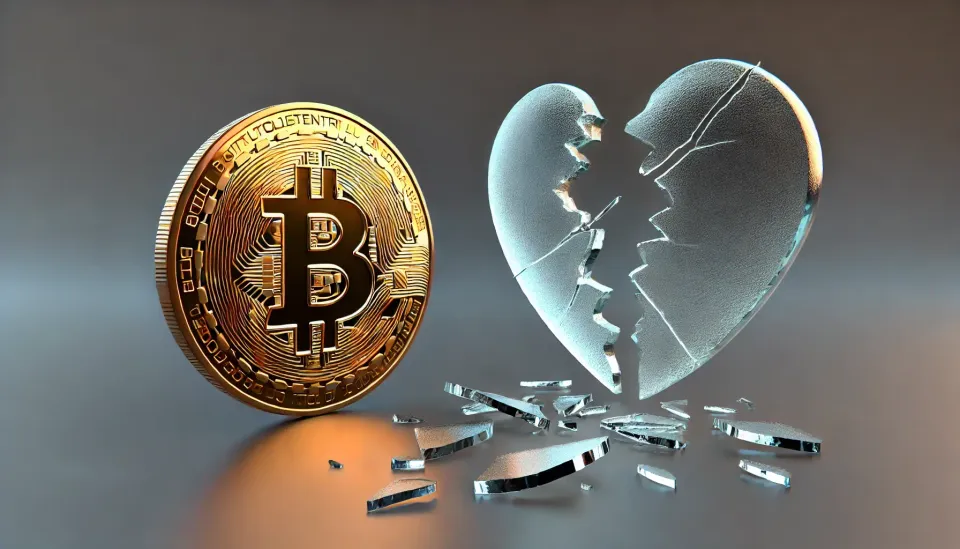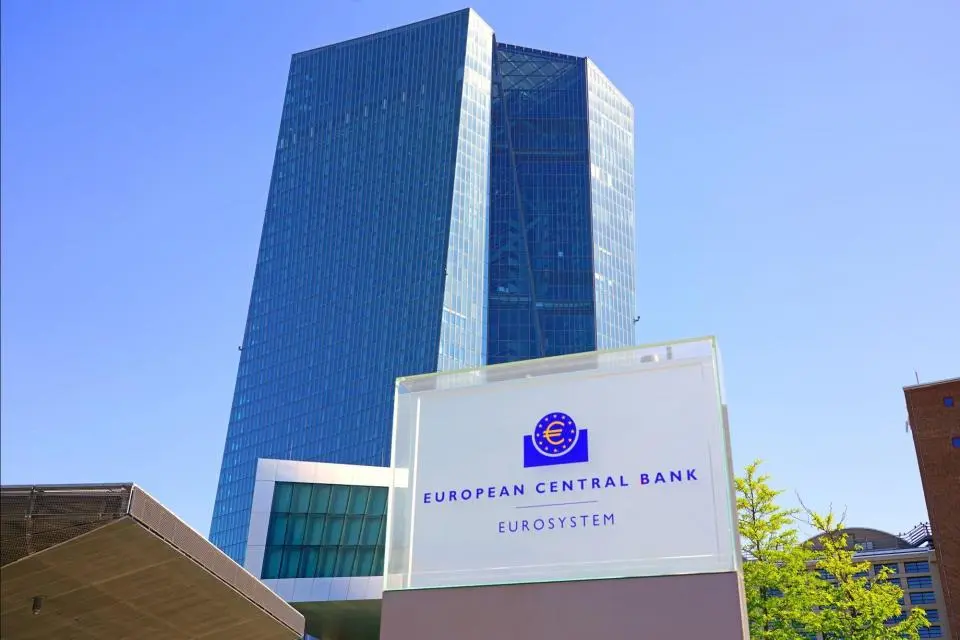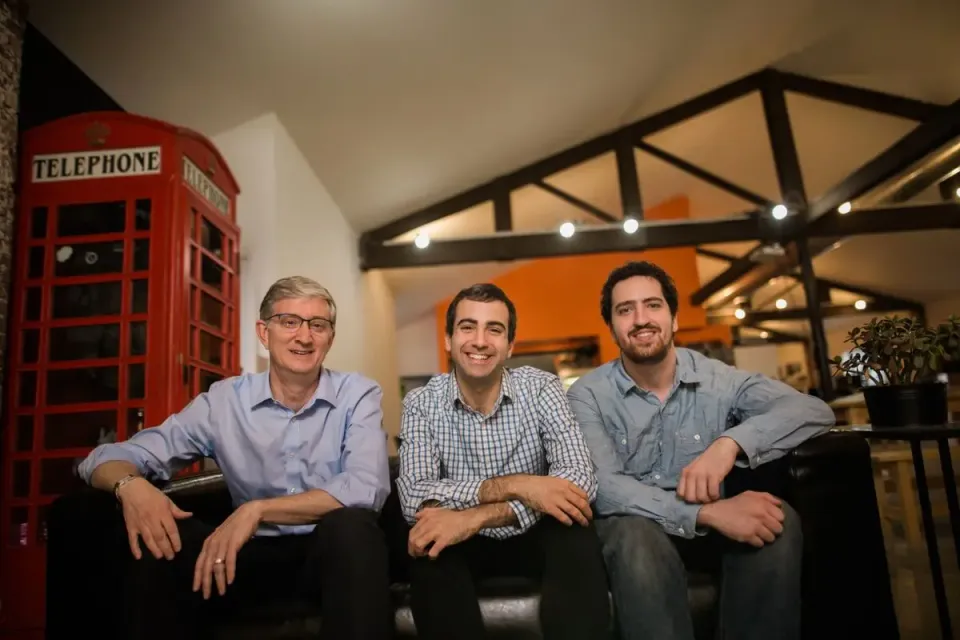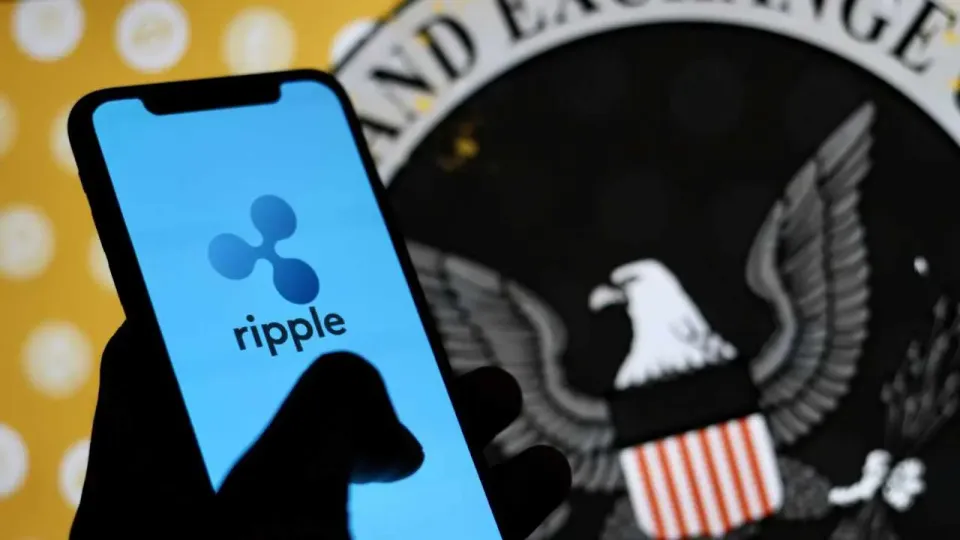‘The dopamine high of making £390k from crypto ruined my life’
Cryptocurrency, once seen as an outsider in financial circles, is increasingly embraced by the establishment. However, the practice of trading cryptocurrencies often resembles a gambling den more than a traditional stock market, with a rising number of individuals, primarily young men, falling into addiction akin to gambling.
The market's notorious swings lure those prone to addictive behaviors. At 35, Albert (Name has been changed) found himself ensnared by the crypto market's allure, as his investment activities spiraled into an addiction fueled by the pursuit of euphoric highs.
"In traditional markets, a stock may fluctuate up to 10% in a day. In contrast, cryptocurrencies can skyrocket by 300% within the same timeframe, which was thrilling initially," he shared.
Yet, whereas a poor decision in stocks might lead to a gradual 20% loss, cryptocurrency investments can plummet by as much as 90% swiftly.
Albert's journey into the crypto world initially brought staggering gains, turning a $20,000 investment into $500,000. However, the initial rush led him to chase after the exhilarating feeling, eventually causing him to gamble away his entire fortune. Desperation drove him to misappropriate funds from his family's business.
"The better you perform, the more invincible you feel," he explained. "The thrill of succeeding in cryptocurrency trading is much more intense than traditional gambling. I've always wanted to amass wealth quickly, and cryptocurrencies seemed to offer that shortcut."
But as losses mounted, so did his desperation to recoup his funds, which led him to siphon money from his own family and their business.
"Making a fortune from crypto trading can be the worst thing that could happen to someone. I deeply regret my involvement," he lamented.
Since 2016, Castle Craig has supported over 300 individuals struggling with cryptocurrency trading addiction. About 90% of these are men. Treatment at the clinic costs £3,800 per week, funded either privately, through insurance, or the NHS, and it employs a 12-step recovery model.
Albert has been receiving treatment for a month and finds it beneficial.
"When I'm feeling down, I'm more likely to engage in risky trading," he said. "I'm learning to better manage my emotions and understand my addiction."
Bitcoin is a gateway into obsession
Traders often start with well-known cryptocurrencies like Bitcoin and Ethereum before venturing into more volatile assets, according to Anthony Marini, a senior therapist at Castle Craig.
"The relatively stable cryptocurrencies serve merely as gateways to the more erratic ones," he noted. "It's the volatility that triggers the compulsive behavior."
The number of cryptocurrencies has ballooned from about 2,000 at the end of 2018 to over 25,000 today. Most of these are highly unstable.

On social media platform X, users, some with vast followings, daily tout new cryptocurrencies, which can experience dramatic price swings.
Distinct from established cryptocurrencies like Bitcoin and Ethereum, many digital tokens don't purport to offer any real functionality; instead, they are known as "meme coins." These are designed to captivate potential investors with their humorous or catchy names and visuals.
Should a meme coin capture sufficient attention, its early backers might earn enough to cease working altogether. However, the typical outcome for most investors is a financial loss.
Dogecoin, which started in 2013, is the quintessential meme coin. It astonishingly reached a peak market cap of $90 billion after eight years, surpassing even Starbucks' market value of $83.7 billion at the time. Investors who held on to their purchases have since witnessed their investment's worth plummet by over 80%.
The lifespan of a meme coin today is markedly shorter, often just about a week, compared to years previously. Those behind these coins, or investors aiming to inflate their value, might engage celebrities or influencers, offering them money or significant amounts of the token to promote it on social platforms.
Once the promotion inflates the coin's value, those early holders and influencers often sell off their stakes for substantial gains, leading to a drop in the coin's price.
Creating a meme coin is remarkably simple and cost-effective; virtually anyone can do it. One only needs to pick a name, create an image, and the token is ready for trading.
It’s devastating people’s lives – they’re losing everything
Recently, Amanda Pritchard, chief executive of the NHS, highlighted the dangers of "unregulated cryptocurrency sites" and the increase in young men addicted to trading.
"We need to consider whether we're content to merely deal with the consequences while the tactics to maintain addiction grow increasingly sophisticated," she stated during a visit to a national problem gambling clinic.
Approximately 15 NHS clinics have noted cases of crypto addiction.
Marini expressed frustration over the lack of regulatory action.
"How long must this continue before the government intervenes?" he questioned. "People's lives are being destroyed – they’re losing everything."
He recalled the first patient at Castle Craig, who lost £1.5 million to crypto trading and substance abuse. Another patient embezzled £1 million in company Bitcoin.
"Education is critical. People must understand the risks associated with cryptocurrencies," he advised.
The Financial Conduct Authority notes that between 6% and 10% of UK adults hold cryptoassets, emphasizing the high risks and lack of regulation in the UK. The Gambling Commission does not classify cryptocurrency trading as gambling.
Albert concluded, "Gambling platforms require a license – why not cryptocurrencies?"
This communication is intended as strictly informational, and nothing herein constitutes an offer or a recommendation to buy, sell, or retain any specific product, security or investment, or to utilise or refrain from utilising any particular service. The use of the products and services referred to herein may be subject to certain limitations in specific jurisdictions. This communication does not constitute and shall under no circumstances be deemed to constitute investment advice. This communication is not intended to constitute a public offering of securities within the meaning of any applicable legislation.





